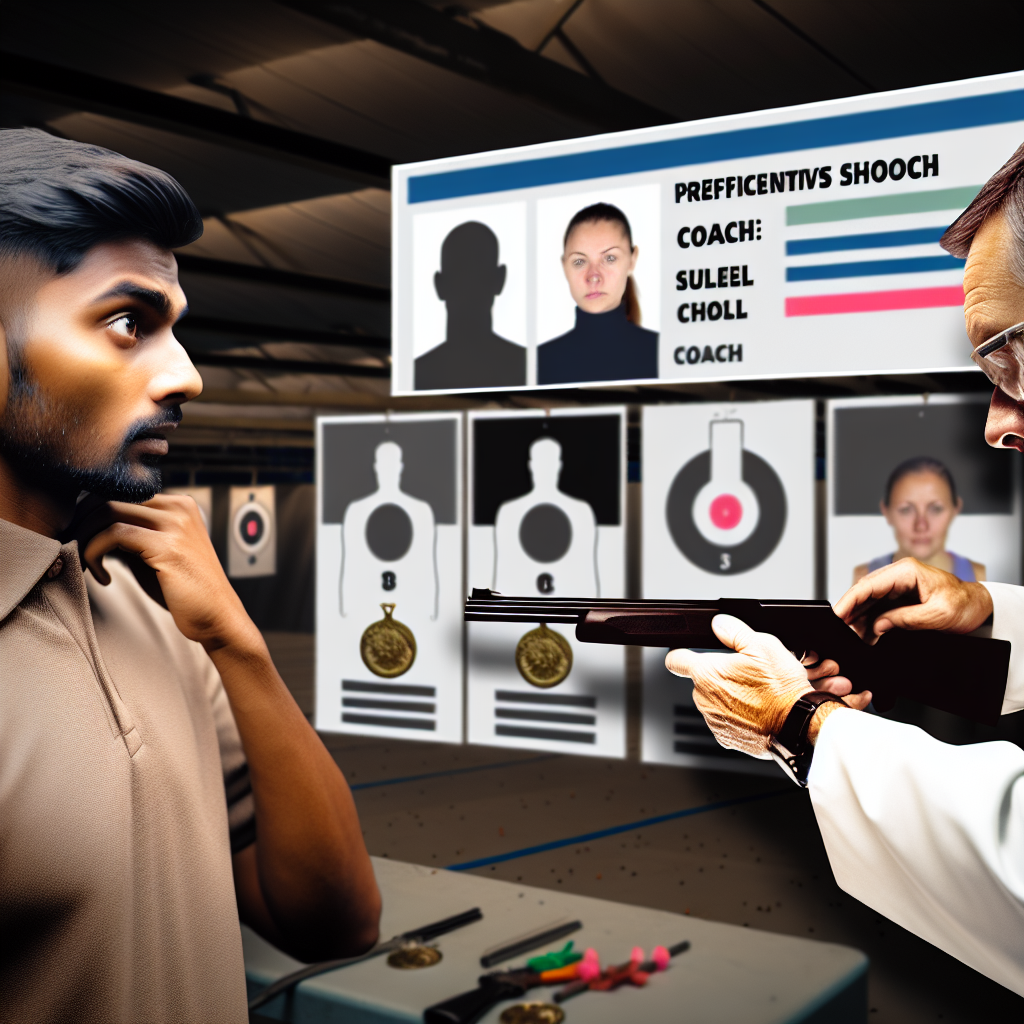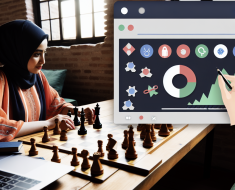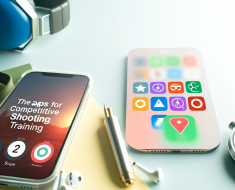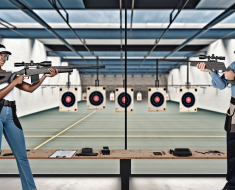How to Select a Shooting Coach for Competition

Choosing the right shooting coach can be a decisive factor in your success as a competitive shooter. Whether you are aiming to compete at local, national, or international levels, the guidance of an experienced and knowledgeable coach is invaluable. However, with many coaches offering various styles and expertise, selecting the perfect match requires careful consideration.
This article explores how to select a shooting coach for competition by breaking down key factors such as credentials, coaching style, experience, and personal compatibility. We will also delve into examples and statistics that underscore the impact of proper coaching on competitive performance.
Understanding the Role of a Shooting Coach
Before diving into how to choose a coach, it’s important to understand what a shooting coach does and why their role is pivotal in competitive shooting.
A shooting coach is more than just an instructor; they are mentors who help athletes develop technical skills, mental toughness, and strategic approaches necessary for competition. They assess strengths and weaknesses, tailor training programs, provide feedback on technique and equipment usage, and assist in mental conditioning.
According to a 2020 survey conducted by the International Shooting Sport Federation (ISSF), shooters who worked regularly with coaches improved their average competition scores by 15-20% over one season compared to those without dedicated coaching. This statistic highlights how critical coaching is in elevating performance.
Key Factors to Consider When Selecting a Shooting Coach
Selecting the right shooting coach involves evaluating multiple aspects that align with your goals and personality. Here are the most important factors:
- Credentials and Certifications: Verify if the coach holds recognized certifications from national or international shooting associations such as the NRA (National Rifle Association), ISSF, or USA Shooting. Certified coaches have undergone standardized training ensuring they possess fundamental knowledge of safe handling and advanced techniques.
- Experience in Competitive Shooting: Coaches with firsthand experience competing at high levels tend to understand the pressures and nuances of tournaments better. They can provide insights not only on technical skills but also on managing stress during competitions.
- Specialization: Shooting encompasses different disciplines such as rifle, pistol, shotgun (trap/skeet), airgun, practical shooting (IPSC/USPSA), among others. Choose a coach specialized in your discipline to receive targeted training relevant to your events.
- Coaching Style and Philosophy: Some coaches emphasize technical precision while others focus heavily on mental preparation or physical conditioning. Determine what approach resonates with you and whether it complements your learning style.
- Availability and Accessibility: Consistent communication and training sessions are crucial for steady progress. Ensure that the coach’s schedule aligns with yours and that they offer flexible modes of coaching such as in-person sessions or virtual training.
- Reputation and References: Seek recommendations from fellow shooters or clubs. A reputable coach usually has testimonials or success stories from previous athletes they have trained.
- Compatibility and Communication: The interpersonal dynamic between athlete and coach can make or break the partnership. Look for someone approachable who provides constructive criticism without discouragement.
The Importance of Credentials and Experience
A certified coach ensures adherence to best practices in safety, technique, and competition rules. Many organizations offer tiered certification programs—ranging from beginner instructor certifications to master-level coaching qualifications—which reflect increasing levels of expertise.
For example, USA Shooting offers Level 1 through Level 4 coaching certifications with rigorous requirements including coursework, practical evaluations, and ongoing education credits. Coaches holding Level 3 or higher certifications generally have extensive experience working with competitive shooters at state or national levels.
Experience competing personally enhances a coach’s ability to empathize with athletes’ challenges. Take John Smith (a pseudonym), an Olympic-level shooter turned coach who helped his protégé improve their qualification scores by over 25% within two seasons through refined breathing techniques and mental focus exercises tailored specifically for high-pressure environments.
Evaluating Coaching Style: Finding What Fits You Best
No two coaches teach exactly alike. Some adopt analytical methods focusing on biomechanics—breaking down every movement from grip to trigger pull—while others might emphasize psychological resilience strategies like visualization or mindfulness meditation.
Your preferred learning method should guide your choice here:
- If you thrive on detailed feedback supported by video analysis tools or biomechanical data tracking, seek out coaches who incorporate technology into their sessions.
- If you prefer motivational encouragement combined with mental skills training such as goal-setting frameworks or relaxation techniques before matches, prioritize coaches known for their holistic approach.
- If you want hands-on physical conditioning integrated alongside skill development (e.g., strength training for steadier aim), look for coaches affiliated with sports science professionals.
A case study published in the Journal of Sports Psychology (2019) showed that shooters receiving combined technical-mental coaching improved consistency under pressure by nearly 30%, compared to those focusing solely on physical skill acquisition. This underscores how blending styles can maximize results depending on individual needs.
The Role of Communication and Compatibility
The athlete-coach relationship thrives on mutual trust and open communication. Selecting someone whose personality complements yours fosters better understanding during feedback sessions which often involve critique of deeply ingrained habits requiring patience to change.
- Test Sessions: Many coaches offer trial lessons;





